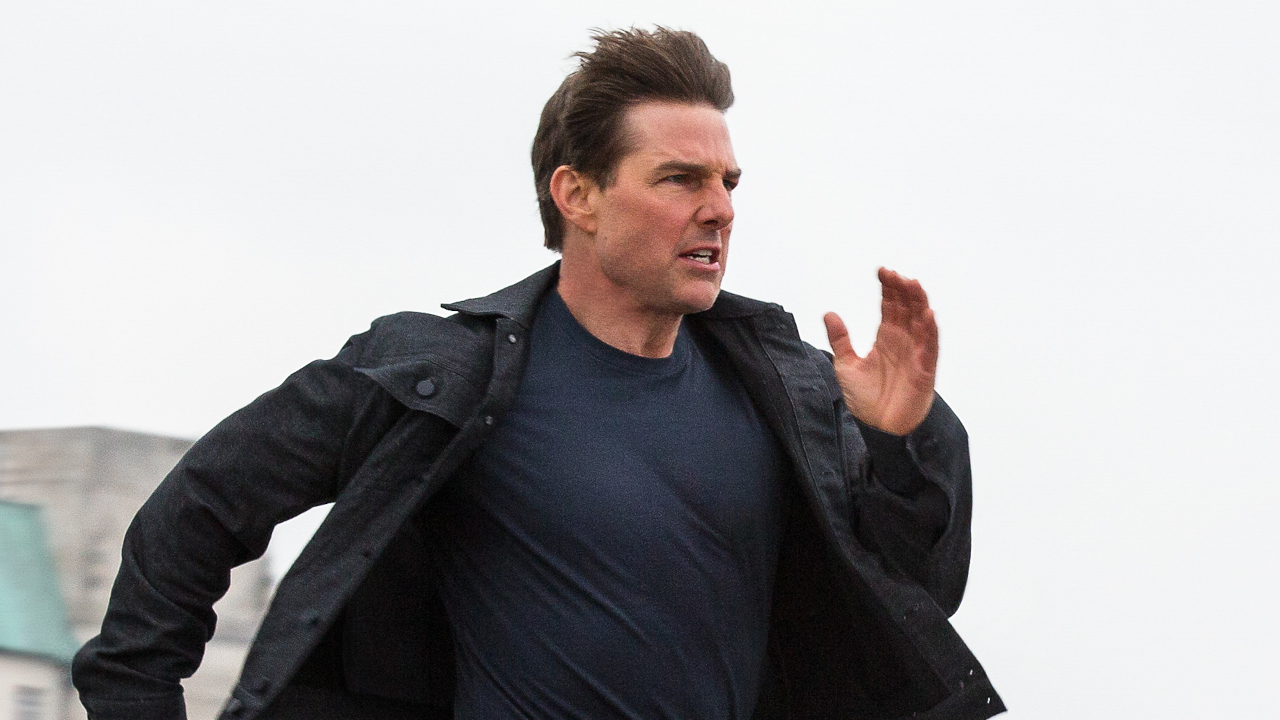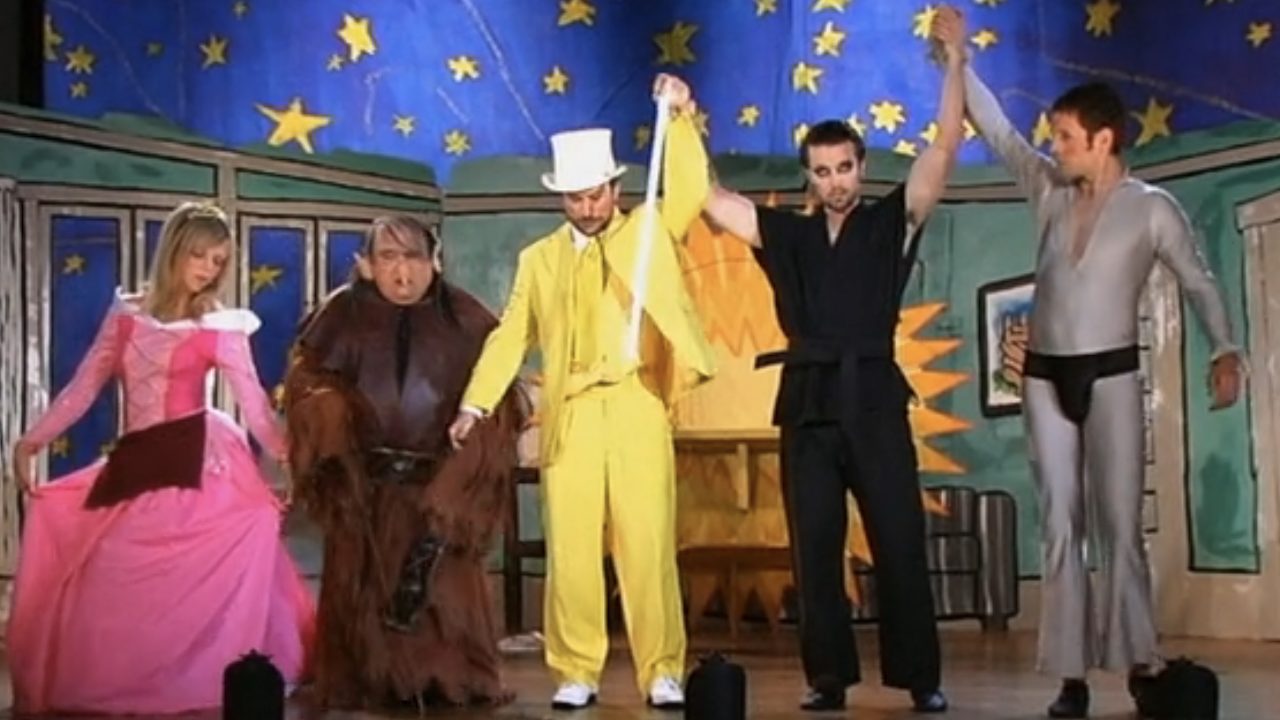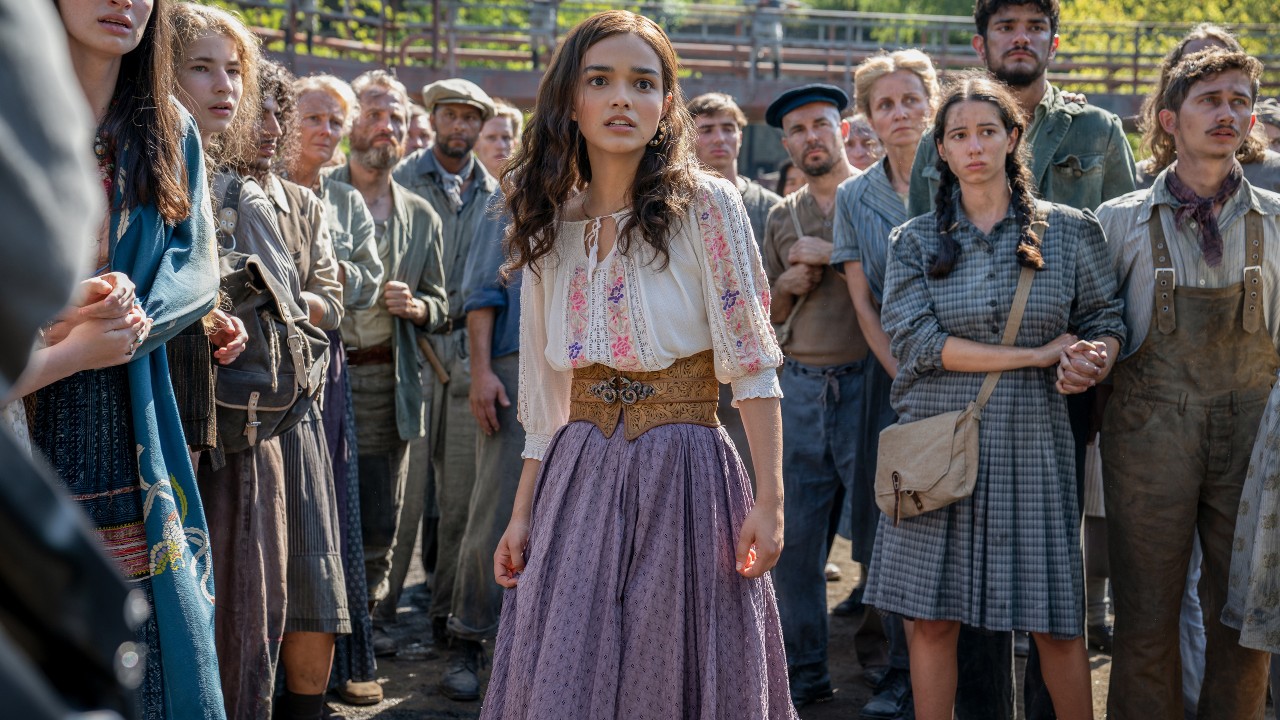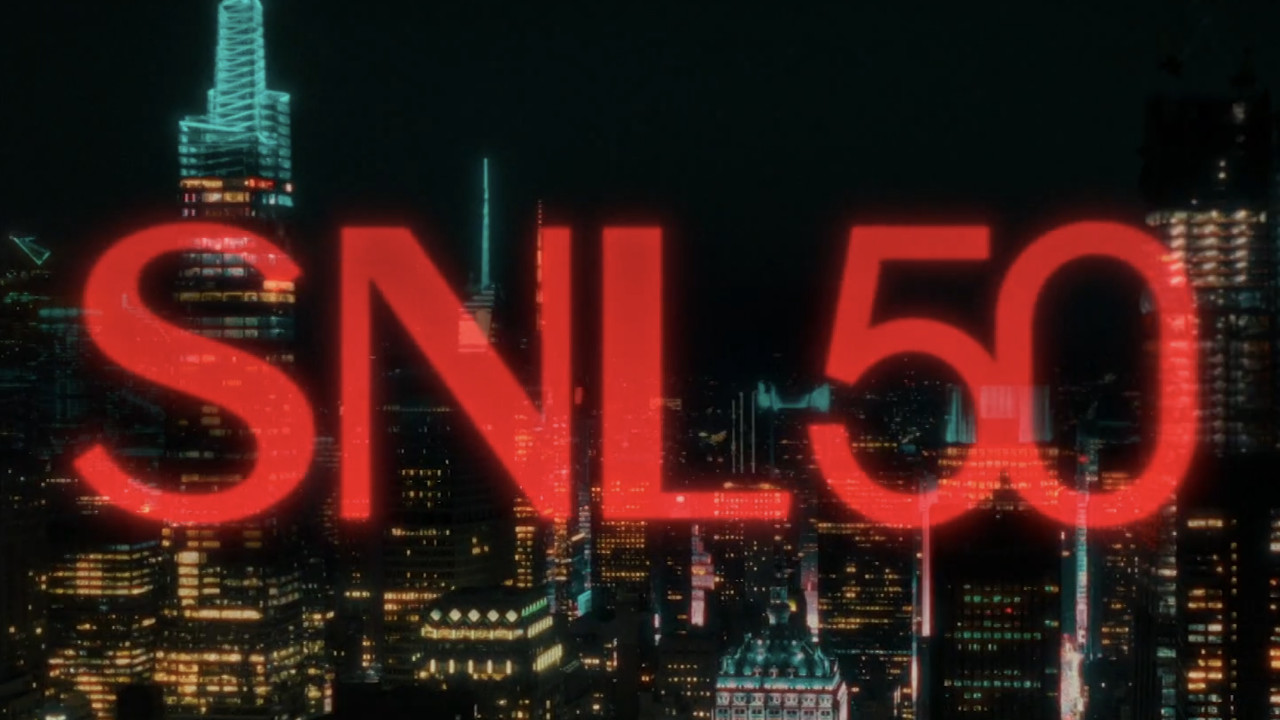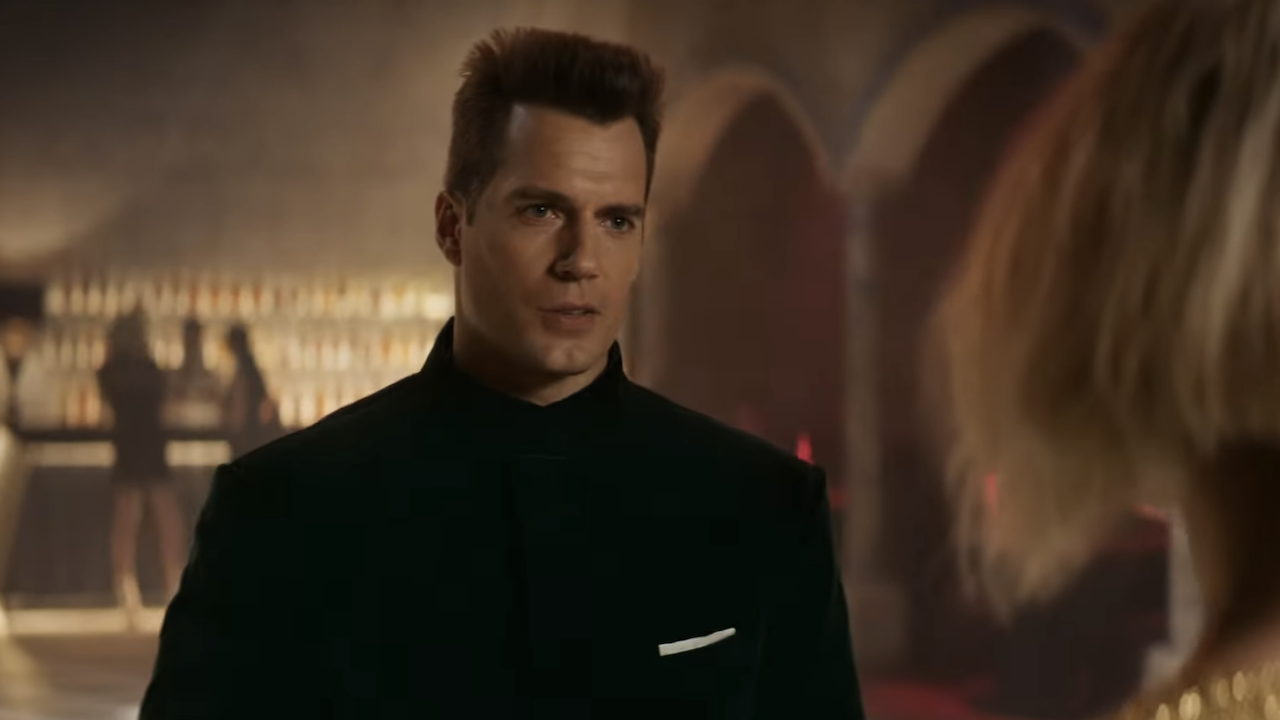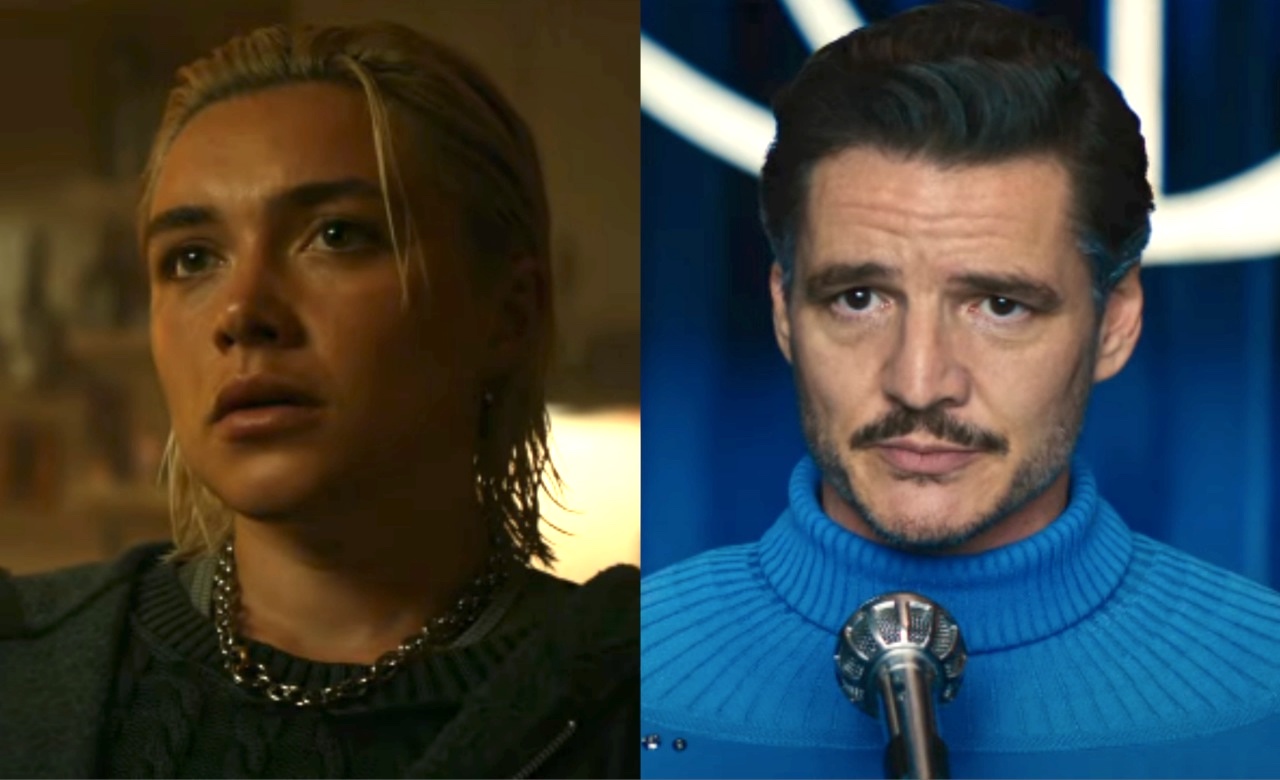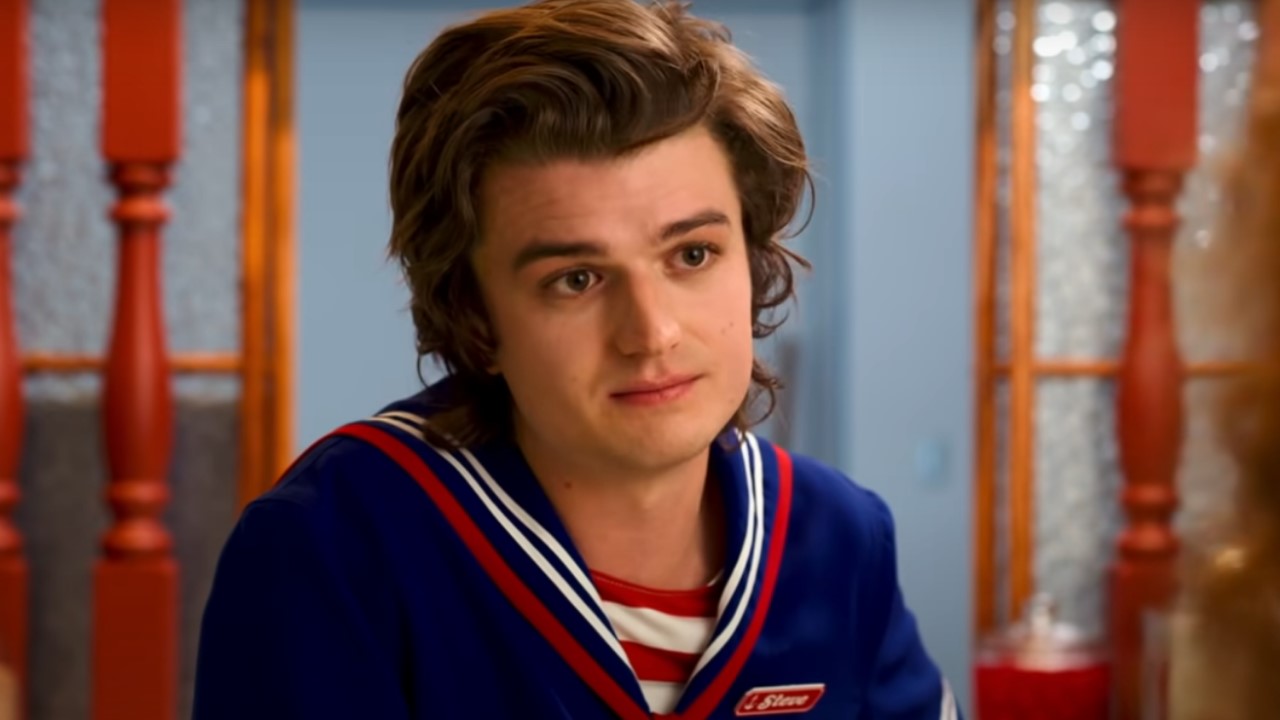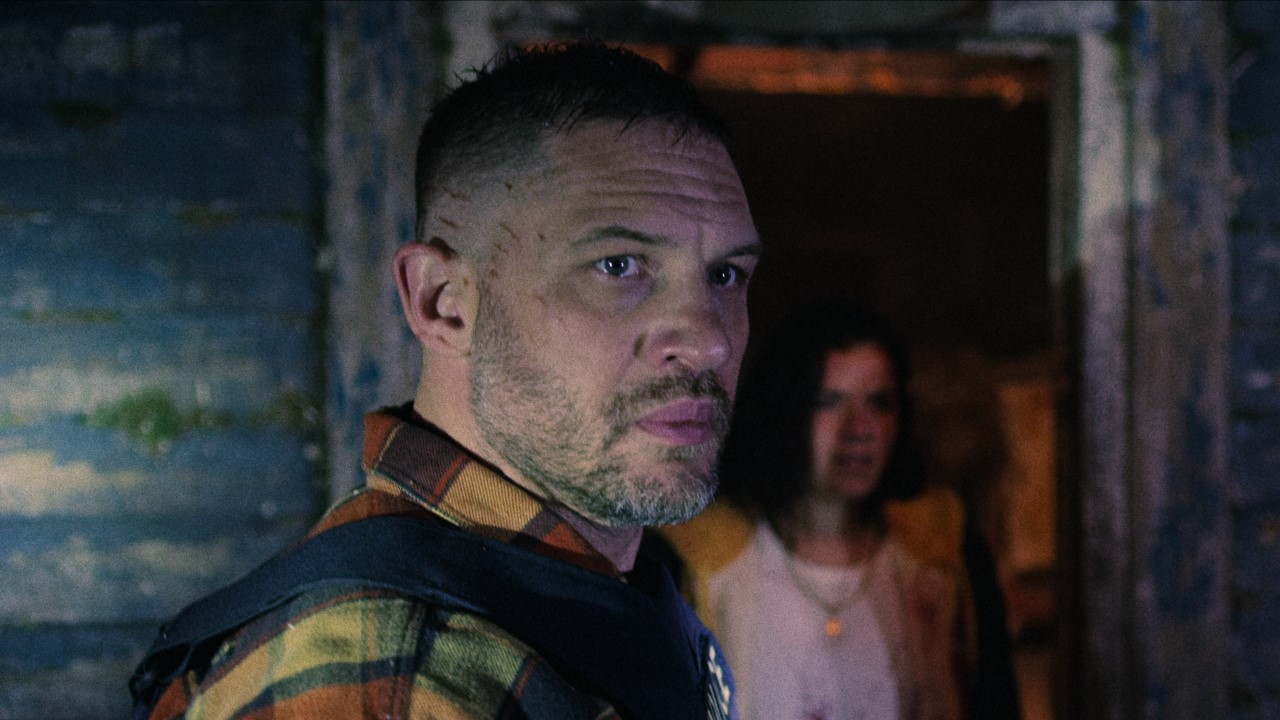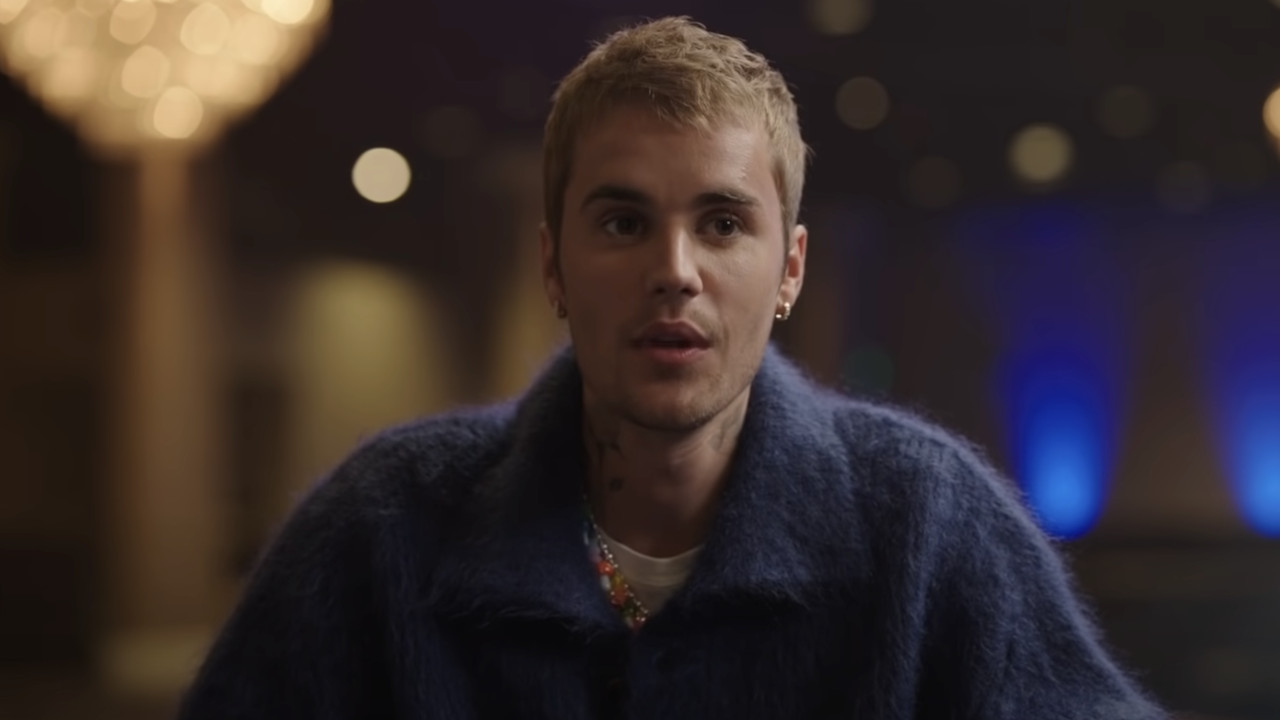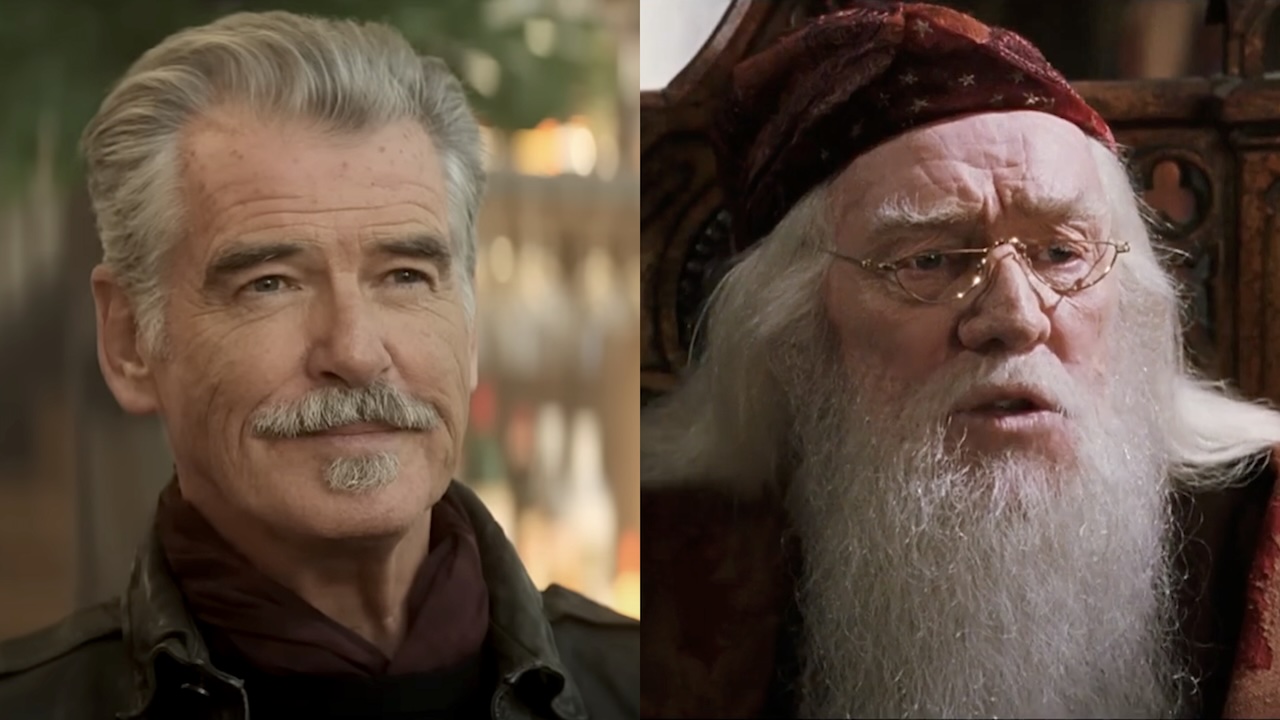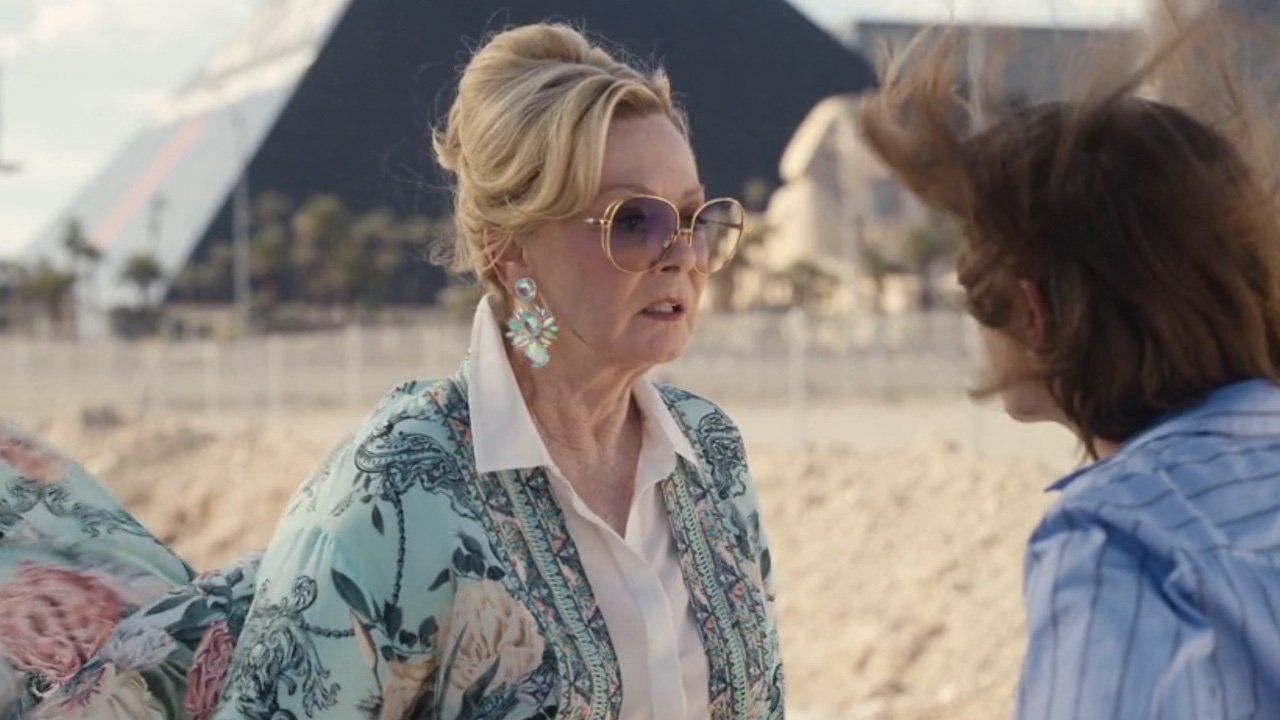Interview: Animal Kingdom's Fierce Matriarch Jacki Weaver
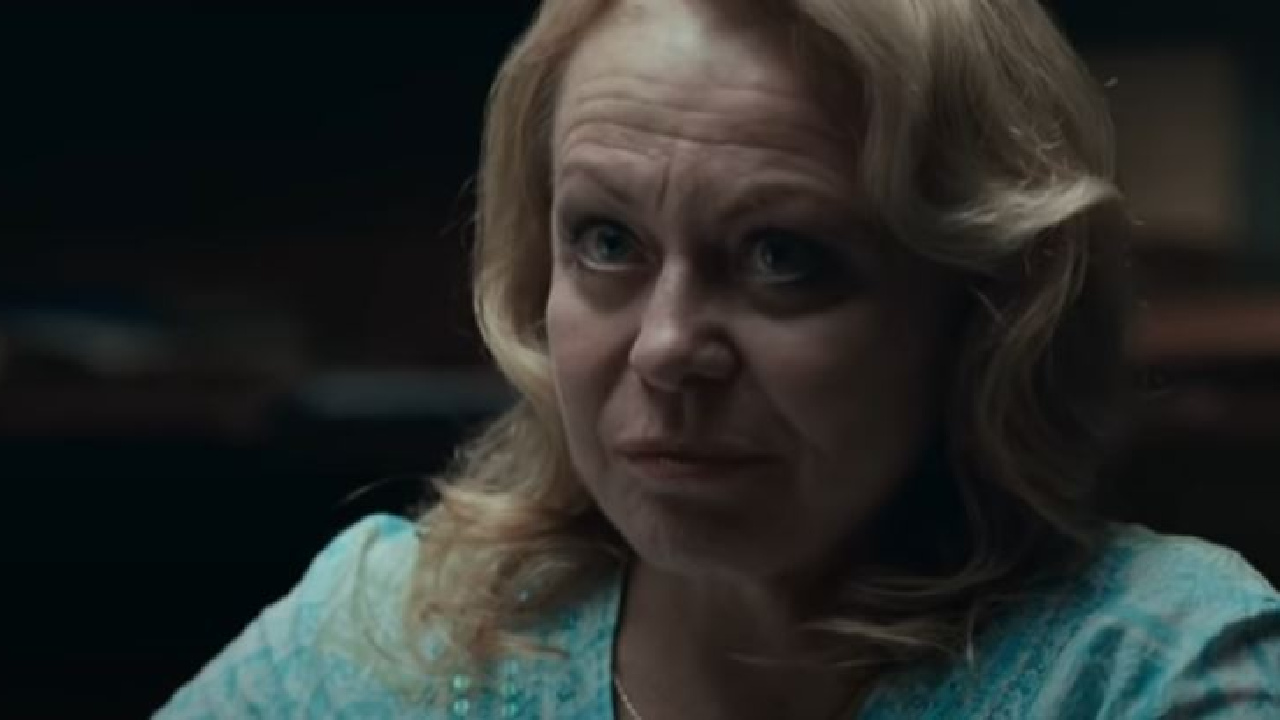
Three very high-profile films will be duking it out at the box office this weekend as The Expendables, Scott Pilgrim vs. The World and Eat Pray Love all fight for audience dollars, but the weekend's best film is actually one you may not have heard of yet. David Michod's directorial debut Animal Kingdom premiered to rave reviews at Sundance earlier this year, and this weekend it hits theaters in limited release. If you like crime stories or good movies in general, you shouldn't miss it.
In addition to strong direction and writing from Michod, Animal Kingdom boasts an incredible cast, from big-name Guy Pearce as a well-meaning police investigator to newcomer James Frecheville as J, a kid forced to live with his family of criminal uncles when his mother dies of a drug overdose. For me and many critics, though, there's no one in the cast better than Jacki Weaver, who plays the compliant grandmother Smurf who seems to only want what's best for her criminal sons, but holds a lot more power than she lets on. Weaver is a longtime veteran of Australian film and theater, but Animal Kingdom marks her first major film role in several years. She told me Michod sent her the Animal Kingdom script six years ago, and she was more than happy to take the leap of faith to work with a first-time director based on the power of his words.
Check out what she had to say about the real-life criminal masterminds who inspired her character, her work with 15-year-old first-time actor Frecheville, and why Smurf's habit of kissing her sons on the lips reveals a lot about her sordid past. Animal Kingdom opens this weekend in limited release, and if you want to know more check out Perri's interview with director Michod.
I know when you did interviews in Australia you were de-emphasizing the real-life inspirations for the character, but can you talk about those people and how they influenced your performance?
We were discouraging people in Australia from thinking it was about real people, but in fact it does mirror a few people. Most particularly one family who were career criminals, including the mother. But she's still with us. Kath Pettingill. She ran protection rackets, she ran brothels. She's only got one eye because an enemy shot the other eye out. Really bad stuff. I'm frankly a bit scared of her. She went on the radio and said, 'It's a fucking disgrace that everyone's making money out of my life except me.' Most of her sons are dead now. She had a lot of sons, 5 or 6 I think. A couple died in jail, one was murdered, another died of a heroin overdose.
So it's even rougher than what we see in the movie?
Yeah. If David wanted to tell her story he would have made a biopic or a documentary. He didn't want to be restricted to sticking to fact. If they'd asked me to play her and play her as she is, I'd have been thrilled. It wasn't that I was scared of doing an impersonation, but we didn't want to do it for this film. But this family, they were kind of having a feud with the police, like in Animal Kingdom. When one of their own was shot dead, because it was all reprisal, reprisal, on and on, two of the brothers did exactly what happens in the movie. They were just kids, they were rookie cops. David wrote a scene, and I think he shot it but did't include it in the movie, where you see a boy getting ready for work, and he could be anybody. His mother is saying, you're late for work, and he's using his father's razor, and he looks about 17. And the next shot you see him he's actually a cop.
CINEMABLEND NEWSLETTER
Your Daily Blend of Entertainment News
That happens throughout the movie, where you get to know the innocent victims. You guys have been answering a lot of questions about glamorizing crime--
It does the opposite. A lot of the criticism of this [crime-focused] television show Underbelly, which is very popular, is that a lot of people fear that it's making celebrities of the crooks. A bit like The Sopranos.
When you looked into these criminal women, what did you take from them and what did you make up on your own in creating Smurf?
The temptation at first would have been to jump in and make her evil right from the off, play her as a bad woman and telegraph that right from the beginning. But the thing about sociopaths is that they're very clever. They know how to get round people, they've got no conscience, and they know how to behave in a way that's charming enough to fool people. David was so right about making me seem nice, and that's probably why he wanted me to play the role. I'm a nice middle-class girl in real life, and I'm a mom and a grandma, and I usually play sweet characters.
Why do you think that Smurf settles for putting the boys in charge, when she could be running the whole enterprise?
I think she has incredible power. I think the analogy with the pride of lions is pretty accurate. A lioness has got a lot more power than the lion likes to think she has. She's got a lot of power because she condones everything they do. She never disapproves. It's the true career criminal mindset. Whatever those boys want to do. She's obviously indulged them most of their lives. It's a bit yucky.
And the signature thing she does is bring everyone in for a kiss. Where did that come from?
That was David's idea. I've got to give him credit for that. It's a small gesture but it speaks volumes about their relationship. It's another measure of the power she has over these boys, that they don't object to the inappropriate intimacy she foists on them. She had these boys through different fathers, and they were obviously violent criminals themselves. What she's lacked in a proper adult relationship she's, in a way, substituting with the boys. I don't think there's incest there, [but] it's definitely inappropriate
What kind of background details did you establish with David about Smurf?
A lot of actors, whatever movie you're working on, you make up a back story just for your own, to work off, even if the audience doesn't have it revealed to them. I think it's important that the audience makes up their own mind. One of the favorite questions at Q&As is, 'What do you think happens at the end? I've got a few ideas of what might happen, but I think it's great that the audience makes up their own mind.
Did David seek you out for this?
He says he wrote it for me, which is very flattering. He sent it to me six years ago, and I thought it was such a good script.
What made you take the risk of working with a first-time director?
I judge everything by a script. If I think a script's good I'm always interested in doing it. Sometimes it's a gamble that pays off and sometimes not.
How was working with him as a first-time director?
It was fantastic. He had a great vision. He knew what he wanted, but he didn't behave like a puppeteer. A lot of directors want to storyboard you, whereas the best way to get a performance out of an actor is a collaborative process where you listen to the actor's input. A lot of young directors are too insecure to do that, but David was very collaborative. So some of our suggestions were incorporated, and some weren't.
What were the main things that you got out of the rehearsal process together?
We got familiar and bonded with each other, and got an idea of the mood of the thing and the relationships. I think that was very valuable, so you don't waste time on the set. You've got a fairly clear idea of how it should be done.L
Is it different going through that rehearsal process with a brand-new actor like James Frecheville?
I think it was good for him, because he's totally inexperienced. You've probably heard, David saw 500 kids for that role.
When you're working with him after your decades of experience, do you help him out or give him advice?
I didn't help him much. He's a very confident young man. I was only 15 when I started, but I was a lot more shy and insecure. He seems to know what he's on about.
Staff Writer at CinemaBlend

